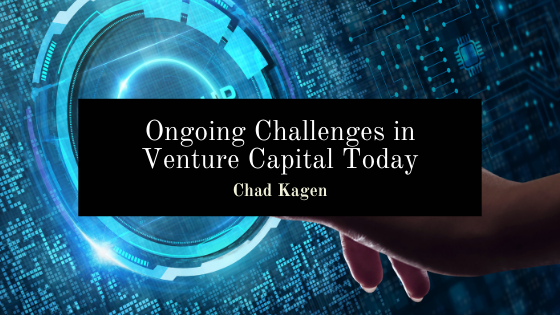Top industry analysts have taken a hard look at the state of venture capital in America. They call it a system that is “badly broken.” A brutal report issued by the Ewing Marion Kauffman Foundation found more than 50 critical breakdowns in venture capital investment, including a “chronic misallocation of capital.”
The Kauffman group has $249 million committed to private equity firms. It says that Limited Partners (LP) do not pay Venture Capital (VC) firms to “do what they promise to do.” What they are supposed to do is generate returns on investment that exceed what can be made in the public market.
What is really happening, however, is that the VC entity strives to lock in what is called a “2 for 20” deal. That means they get paid a 2% management fee and are entitled to a 20% profit-sharing structure. The VC firms like this arrangement because it often results in them getting paid well even when what they are investing in does poorly.
The report said that just 20 out of 100 venture funds they looked at generated returns that were better than a public-market equivalent by more than 3%. Furthermore, 62 out of 100 failed to better return after the fees and carry were paid.
Another damning finding in the Kauffman report shows that just four of 30 VC funds with committed capital of greater than $400 million managed to produce returns that were better than investing in small-cap stocks.
What the overall performance of venture capital means is that more investors will be taking a hard look at their portfolios and weeding out those assets which do not show strong potential for a significant return on investment along with establishing solid performance markers.
Those looking to 2021 for what will make venture capital investment challenging are concerns about the ongoing effect of the COVID-19 pandemic on the general state of the economy. Yet, on top of what is described as “the worst economic downturn since the Great Depression,” competition within the venture capital sector is expected to be fiercer than ever.
A final challenge for venture capital investors is conducting due diligence in a pandemic environment. Face-to-face meetings between key players where hard negotiations often take hours will likely need to be done remotely by digital means.

